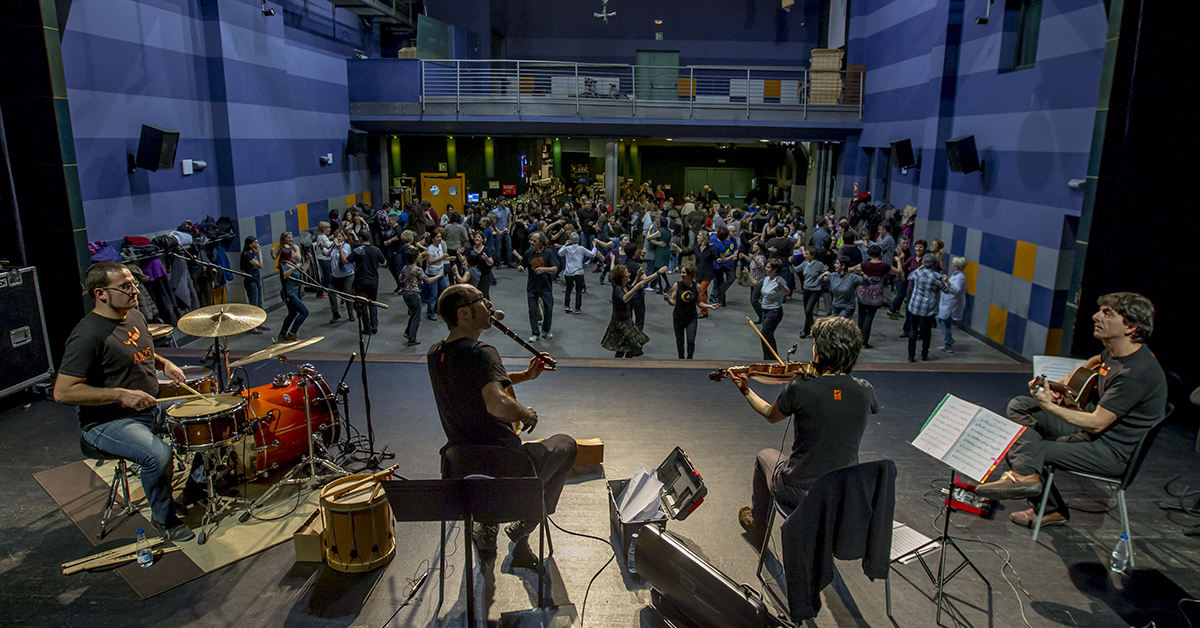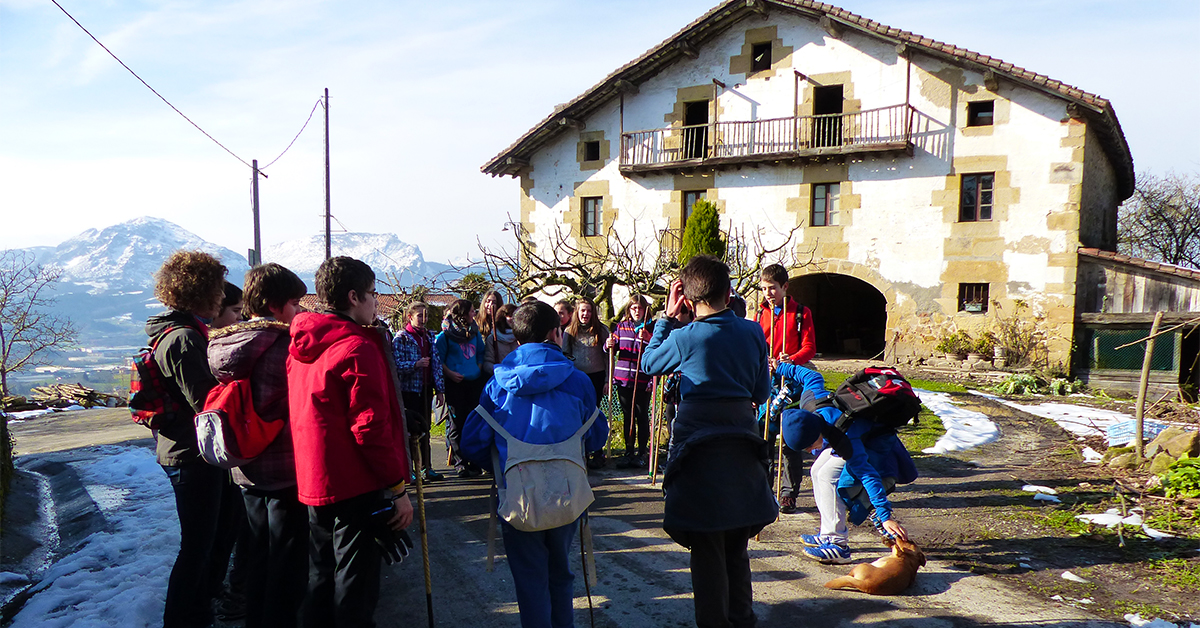Basque ethnography at a glance
Giving names to houses used to be a fairly widespread custom here in the Basque Country. And a good many houses have, in turn, given their name to their inhabitants. As a matter of fact, the Basque word etxe ‘house, home’ has been an inexhaustible resource for the composition of countless Basque last names. (more…)
The testimonies of interviewees from Bizkaia[1] take us back to the late 19th and early 20th centuries, a time of ups and downs (military conflicts, dictatorships, ideological changes, civil and ecclesiastical censorship…) for our traditional Carnival (Karnabalak, Aratusteak, Carnestolendas…), as far as its significance and popularity were concerned. Carnival is, shall we state, a period which combines fixed festive celebrations and variable dates (determined by the first full moon of Easter), contextualized between the Christmas cycle and the Lenten quarantine which heralds Easter. (more…)
Eguen Zuri —literally, ‘Festive Thursday’— refers to the Thursday before Shrove Sunday, in other words, the Thursday after the so-called Basaratoste. These two celebrations mark the beginning of the carnival cycle in Bizkaia.
The mentioned ritual outing to the woods known as Basaratoste [See a previous post titled Txitxiburruntzi, Sasikoipetsu, Basaratuste, Kanporamartxo. Gearing up for carnival], among other denominations, would be widely welcomed across large areas of Bizkaia. The feast of Eguen Zuri, is limited to the surroundings of Durango, Mount Oiz and Arrankudiaga. According to Resurrección M.ª de Azkue, north of Mount Oiz the observance vanished by the beginning of the 20th century. In and around Durango, however, it experienced different realities: some localities have maintained it without interruption until the present day, a handful of them lost it forever, and others recovered it with restored fervour in the 1980s after some years of oblivion. (more…)

Music-and-dance event enlivened by the group Aiko. Iñaki de Andrés.
St James’ Square in Bilbao. Last Saturday of the month. 21:00 hours. Following the tradition of yesteryear, a dance would be held in this charming corner of Bilbao, were it not that we are in the midst of a global pandemic. Should we place our hundred-year-old grandmother in the middle of the square, what would she think? She would probably enjoy seeing so many people dancing, but would she know how to dance with them? I would say she would not. She might feel as if she were somewhere else, far from the dear city where she grew up. And with good reason. The Bilbao of today is not the Bilbao of her youth. The city has changed, just as the way its peoples dance and the music repertoire played in its squares have changed. That is what these lines are about. (more…)




